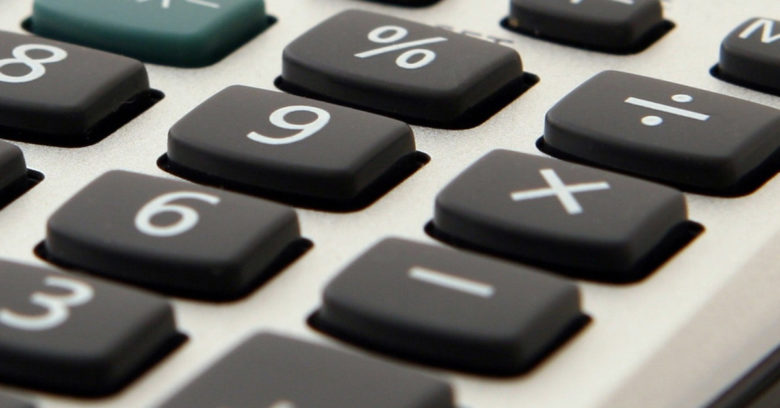
Talking about gold usually means talking about security, tradition, and a safe haven for wealth. But when it comes to taxation, the shine of the yellow metal quickly fades… especially in France. Investors know it well: buying or selling gold across the Jura mountains is far from a golden journey. Yet just a few kilometers away, in Switzerland, an entirely different fiscal melody is playing.
🇫🇷 In France: heavy taxation
In France, gold taxation resembles a true administrative maze. Capital gains can be taxed up to 36.2% of profits — a significant share for those hoping for solid returns. And the notorious precious metals tax of 11.5% adds yet another layer of complexity.
The rules vary depending on the type of gold owned:
- Investment gold (bullion, listed coins): subject to a flat tax on capital gains, except when held for more than 22 years, which grants exemption.
- Collectible gold: taxed more harshly, often without the possibility of deducting losses.
This discouraging system drives many buyers to look toward more favorable horizons. And it must be said: European neighbors aren’t shy about shining a little brighter.
🇨🇭 In Switzerland: simplicity rules
By contrast, Switzerland maintains a far more relaxed relationship with gold. Here, there is no tax on purchase or resale of coins and bullion — a true fiscal Eldorado! This favorable policy attracts not only local investors but also many French, Italian, and Belgian buyers, all drawn by the clarity of the Swiss system.
However, not everything is completely tax-free. Gold remains included in the calculation of the wealth tax, which can represent an indirect cost depending on the municipality of residence. Swiss holders must therefore declare their gold assets to the tax authorities, though this remains far less burdensome than in Paris or Rome.
📊 A quick comparison
| Country | Purchase tax | Resale tax | Wealth tax |
|---|---|---|---|
| France | Up to 11.5% | Up to 36.2% | No |
| Belgium | 0% | 0% | No |
| Switzerland | 0% | 0% | Yes (depending on municipality) |
💡 The Swiss advantage
Swiss banks go even further by offering secure gold storage services. For reasonable custody fees, foreign investors can keep their gold safely stored, without the administrative hassles of their home countries. This pragmatic and appealing model has led to the rise of numerous gold exchanges in Geneva, Zurich, and Lausanne.
✨ In golden summary
Between France’s heavy taxation and Switzerland’s light touch, it’s clear that gold doesn’t shine the same way on both sides of the border. While France continues to burden its investors, Switzerland attracts gold enthusiasts with its stability, discretion, and much softer tax policies. In short, a little slice of paradise for those who prefer to grow their wealth — without drowning in paperwork.














